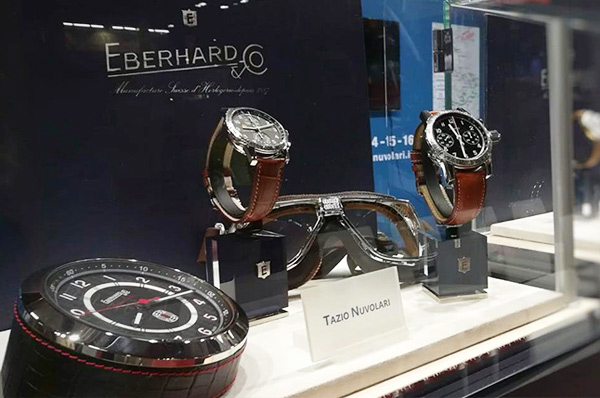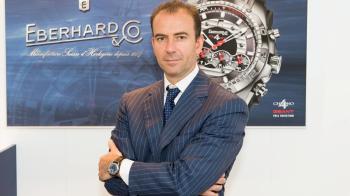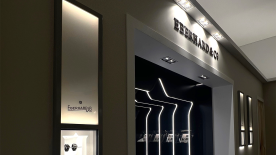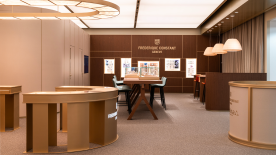Last March you took the decision to pull out of Baselworld. Do you still believe that was the right decision?
Yes. The best barometer is the reactions of our retailers, and they have been very positive. First, because they no longer stayed for four or five days, but generally only for two days, which didn’t give them chance to see all the brands. Why did they only stay for two days? Because Baselworld has become very expensive, at every level. Living expenses, the city, accommodation, but also for us as exhibitors. We moved down to Hall 1.0, but we had to continue paying for additional areas, when it really made no sense for us.
Over the last six months, have you been able to see all the retailers that you would previously have seen in Basel?
Yes. We had a two-pronged strategy, comprising visits to them, supplemented with some joint events for different markets. For instance, we chose Milan in Italy and Madrid in Spain. For two other countries, we attended major local events: Rétromobile in France and Couture in Las Vegas.

Are these the markets you will keep a close eye on from year to year?
Not necessarily. We have to make the most of the fact that we are an agile, independent brand. We can adapt to the strengths and weaknesses of our markets. It’s clear that Italy, which represents 40% of our sales, is a vital element, and will remain so. We will be expanding into some new markets, and there are others where we will probably strengthen our position. The latter include the United States, for example, and Germany, where I think we have growth potential.
Six months ago you were talking about a new production calendar. Have you been able to implement it?
Yes, although it’s still a work in progress. The idea is to have a first launch phase at the beginning of the year, another in the spring, a third just before the summer and the fourth in the autumn, ready for Christmas. This sequence ties in very well with our online sales, and it seems to be in line with what our e-commerce customers expect.
Do you think you would reconsider your decision to leave Baselworld?
Yes, why not? Quite frankly, until September 2017 we thought we’d be there in March 2018. Our decision to leave was based on cost. Baselworld is more expensive than a roadshow – in financial terms but also in time. Also, the fair needs to have a better method. These days, Baselworld is all about renting the booth, without any additional services. I also think that there’s a reason for the recent management changes in the fair’s leadership team.
What would you suggest?
More modern and open communication methods. For instance, you could have live streaming for some sessions. They could also consider hosting de-localised Baselworlds elsewhere in the world. After all, that’s what the organisers of the GPHG (Grand Prix d’Horlogerie de Genève) do, and it seems to work pretty well. Our watch market is a niche. We’re not as powerful as the car industry, for example. For that reason we have to work harder, be more creative. There should be a genuinely global project, combined with a true overall philosophy, and a targeted, constructive plan.






